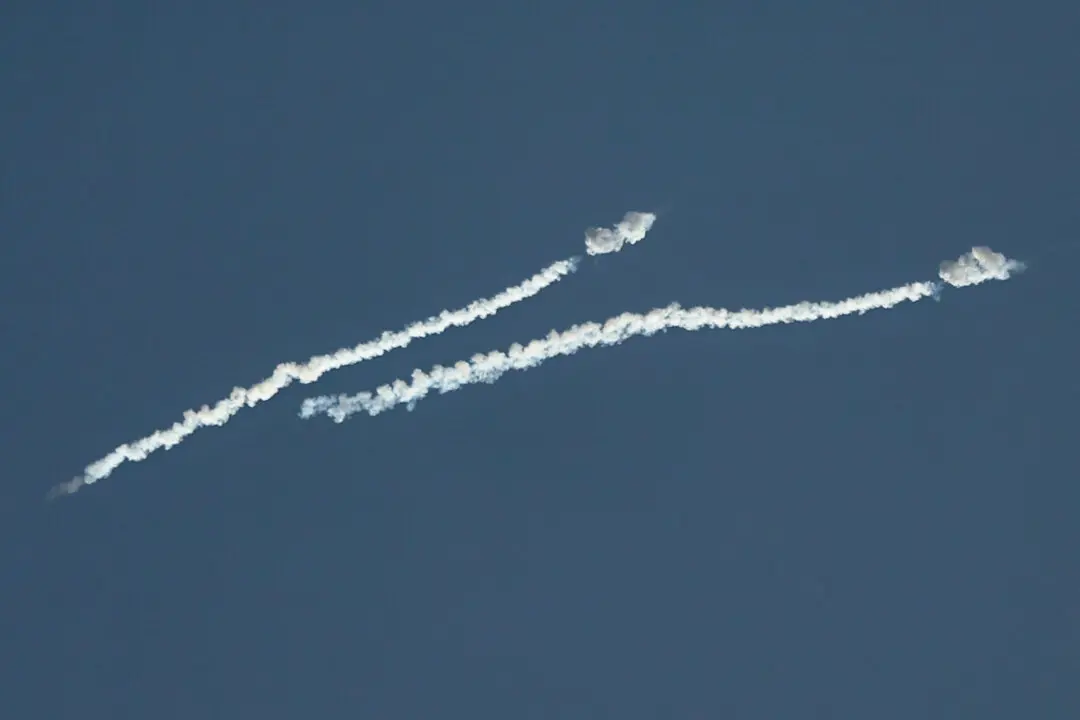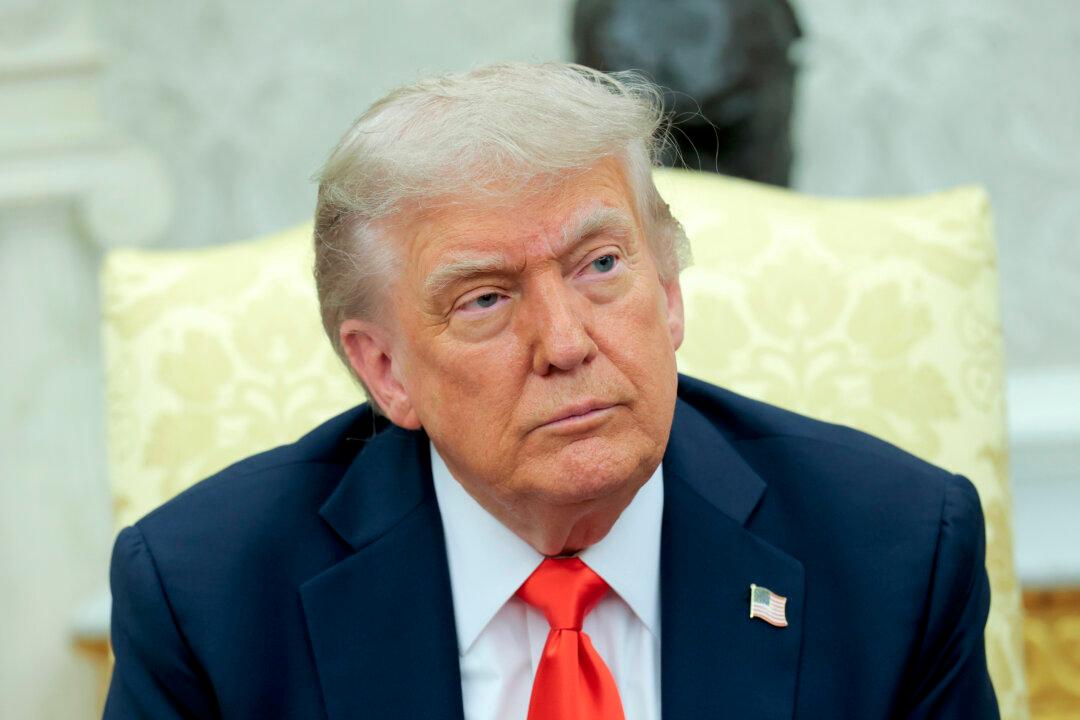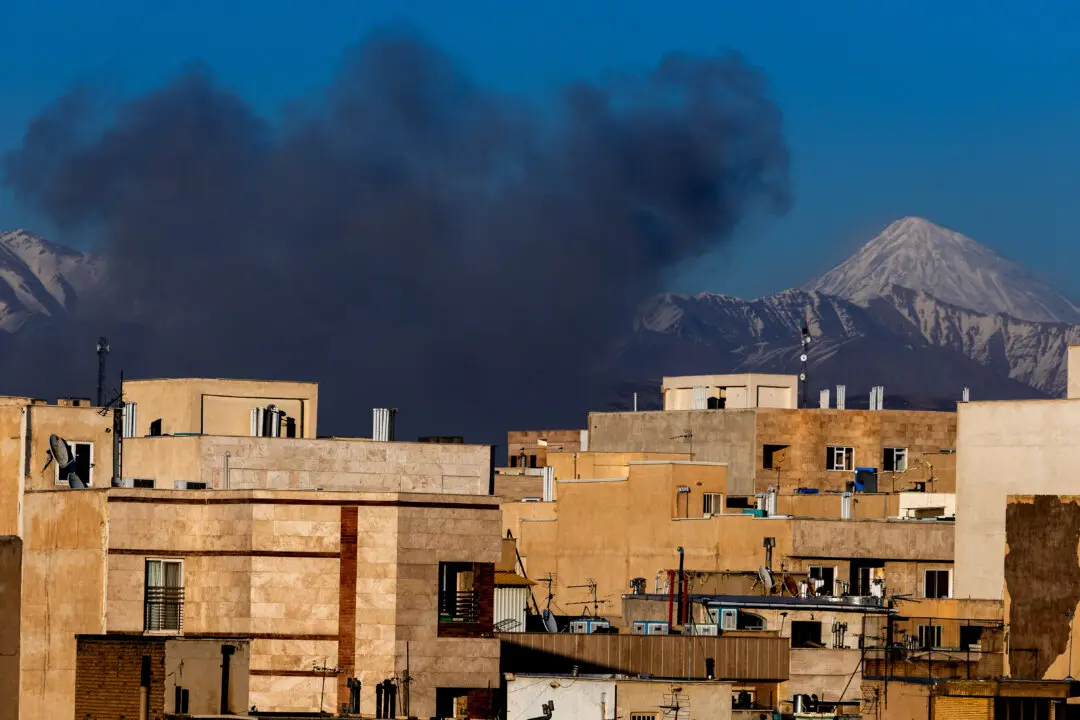President Joe Biden has said that the United States will impose sanctions on Russia “far beyond” the ones that it imposed in 2014 following the Russian annexation of the Crimean peninsula.
“This is the beginning of a Russian invasion of Ukraine,” Biden said in a Feb. 22 White House speech, signaling a shift in his administration’s position. “We will continue to escalate sanctions if Russia escalates.”





